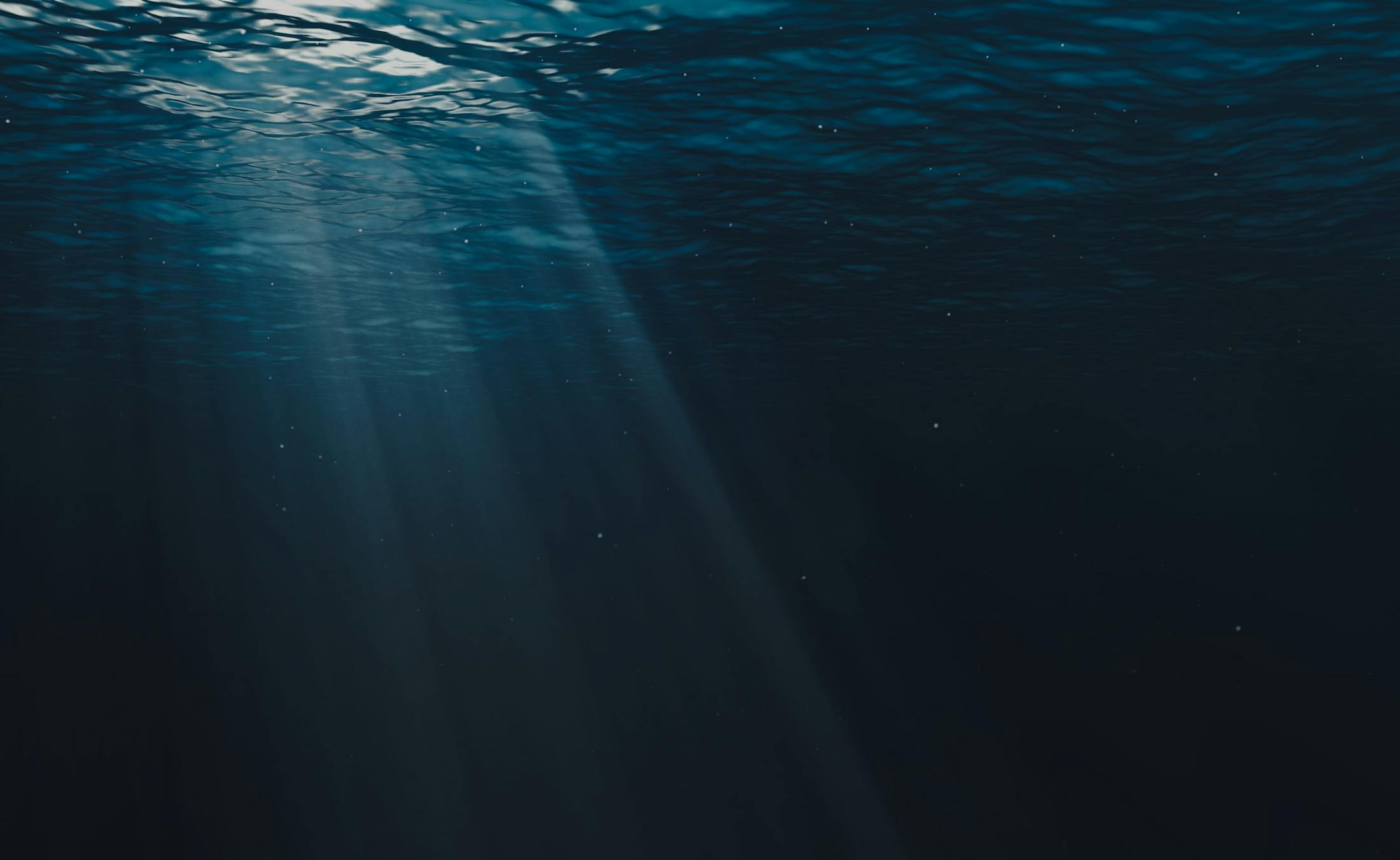Last week, on Wednesday, September 5, 2018 at roughly 6:15PM EST, a 74-year old woman who was a passenger traveling aboard Carnival Horizon — operated by the global cruise line giant, Carnival Cruises — was medevaced due to serious chest pains. Personnel aboard Carnival Horizon were reportedly concerned that the chest pains indicated a possible heart issue, thus necessitating a medevac to a higher-level medical facility capable of treating the passenger.
According to reports, Carnival Horizon was just moving past Lower Manhattan when the passenger suffered the chest pains at-issue. Crew notified Coast Guard watchstanders in the city at 5:45PM, and coordinated with relevant rescue authorities in the Coast Guard, Fire Department, and Police Department.
Though details are relatively sparse, it appears that rescue authorities were initially unsure about whether to conduct an airlift or to perform the medevac using a rescue boat. Early reports indicate that the decision was made to send an NYPD Harbor Unit rescue boat after authorities determined that a helicopter could not be landed on the deck of the vessel. This is not an uncommon problem aboard Cruise Ship’s. In a recent case handled by Brais Law Firm a cruise vessel was not prepared to receive the helicopter and after running low on fuel the helicopter had to return to base, necessitating the USCG to send a second helicopter to evacuate a passenger in distress.
Once the passenger was transferred to the rescue boat, she was moved to shore and transferred to an EMS vehicle. Her condition is presently unknown.
We are somewhat perturbed by the emergency response, under the circumstances. Every minute counts in life-or-death heart attack scenarios, and given the close distance between Carnival Horizon and Coast Guard, NYPD, and FDNY rescue infrastructure, it seems that a rapid airlift medevac could have been executed to save time.
Carnival Horizon crew and rescue authorities allegedly determined that a helicopter could not be landed on the deck, and therefore a boat rescue was the only other available option. This, however, does not comport with the history of medevac rescue operations involving the same cruise ship. As recently as July 2018, an MH-65 airlift hoist was used to medevac a passenger who had suffered a stroke aboard Carnival Horizon. Weather a cable basket was used or the helicopter landed on the Horizon’s deck on this previous occasion, is uncertain.
If the passenger in the present case suffered injuries due to the additional delay from having a boat rescue (as opposed to an airlift medevac), then she may have an actionable claim for damages.
Medevac Operations Must Be Coordinated in a Timely Manner
Cruise lines generally do not maintain high-level medical facilities aboard their ships. Most typically, the ship clinic is staffed by a physician and/or nurse, and may have some pharmaceutical medication and some basic diagnostic tools. Heart attack scenarios — as in the present case — cannot usually be resolved without a medevac.
Given that cruise ships rely heavily on medevac rescue operations to treat passengers who are undergoing a medical emergency, crew must be adequately trained to respond in a way that minimizes the risk of further injury and that ensures a more timely intervention. Unnecessary delays (that lead to additional injury, or death) could expose the cruise line to significant civil liability.
In the present case, rescue authorities were closely coordinating with crew aboard Carnival Horizon, and considered the use of a helicopter. Crew members aboard the vessel might have been able to request an airlift hoist, but preliminary reports are uncertain in this regard.
In cases involving the possibility of life or death, crew should always err on the side of being overly cautious. It is not clear from news sources if the passenger’s condition warranted a heli-evac or less expeditious evacuation by boat transport.
Schedule a Free and Confidential Consultation With an Experienced Cruise Ship Lawyer
If you or a loved one has been injured while traveling as a cruise passenger, then you may be entitled to compensation for the suffered losses. Though in many cases, medevac rescues are performed adequately — and a passenger is moved to a higher-level medical facility without issue — there are occasions when timely evacuation of a passenger or crewmember resulted from ill-trained crew, thus exacerbating the condition of a passenger. These failures could possibly give rise to more severe injuries, or even death.
At Brais Law Firm, our team of attorneys have more than seven decades of combined experience litigating claims for clients in a range of maritime and admiralty disputes, including those that involve cruise ship medevacs. Our firm is dedicated to the provision of comprehensive, results-oriented advocacy — from beginning-to-end of the litigation process, we work closely with clients to ensure that their strategic objectives are aligned with our own, and that we are apprised of the necessary facts so that we can aggressively advocate on their behalf. This approach has helped us secure nearly $60 million in favorable verdicts and settlements for our clients in the last several years alone.
We understand that the prospect of contacting an attorney can be somewhat intimidating for first-time litigants. Call 1-800-499-0551 or submit an online claim form through our contact us page to schedule a free and confidential consultation with an experienced cruise injury lawyer here at Brais Law Firm. We will take the time to evaluate your case and help you understand the claims at issue.


